Working Together
Finding Solutions
Relieving Pain
The Ultimate Choice For Ultimate Spine Solutions™️
Explore
Our Resources
Empowering Our Patients Through Shared Knowledge

How Much Movement Is Too Much?
See More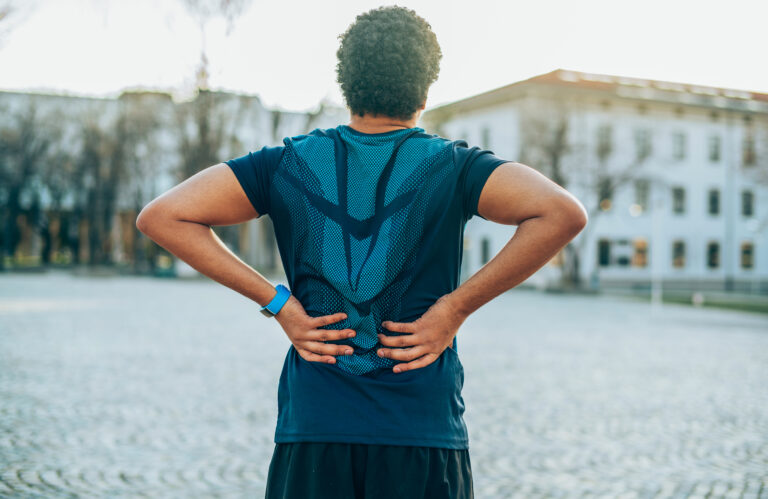
Quick Daily Tweaks to Ease Back Pain
See More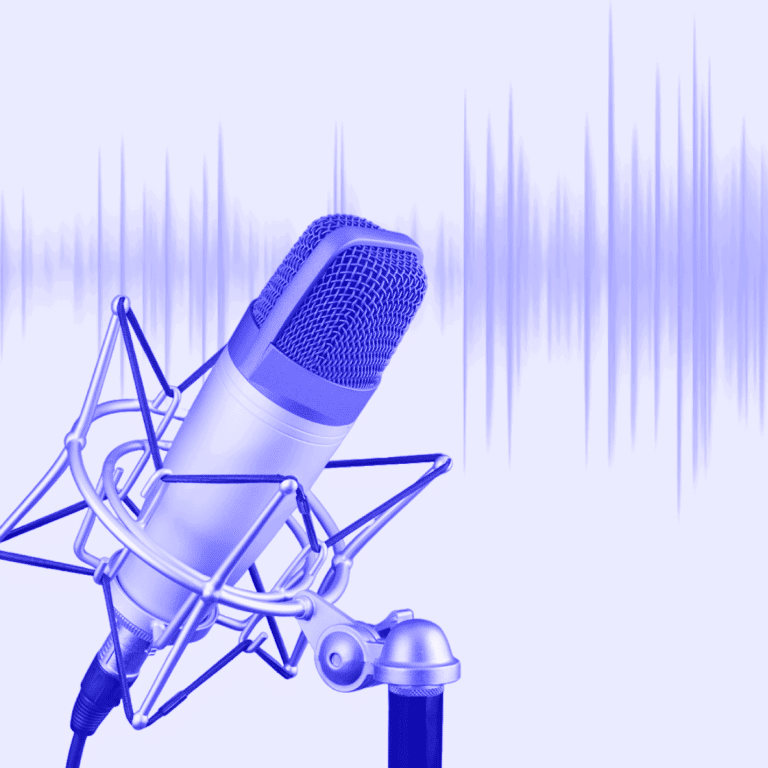
Surgery to Strength: A Weightlifter’s Victory Over Back Pain
See More
Rethinking Knee Surgery: Insights & Regrets from a Doctor’s Perspective
See More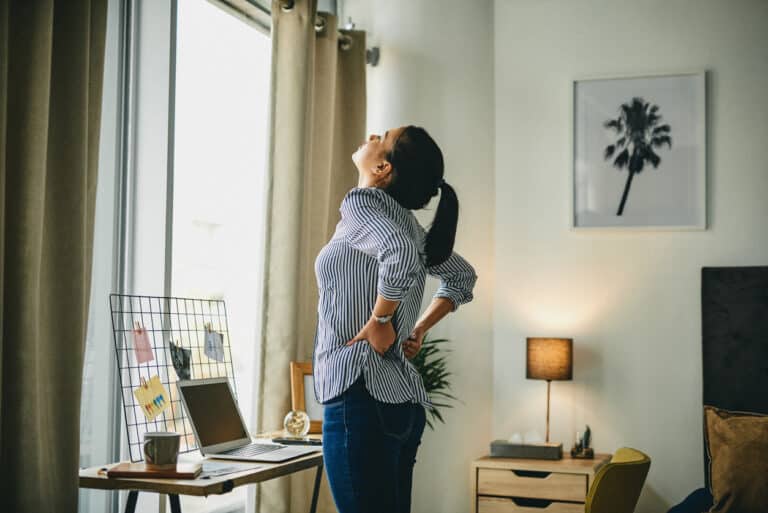
Finding the Best Office Chair for Your Back
See More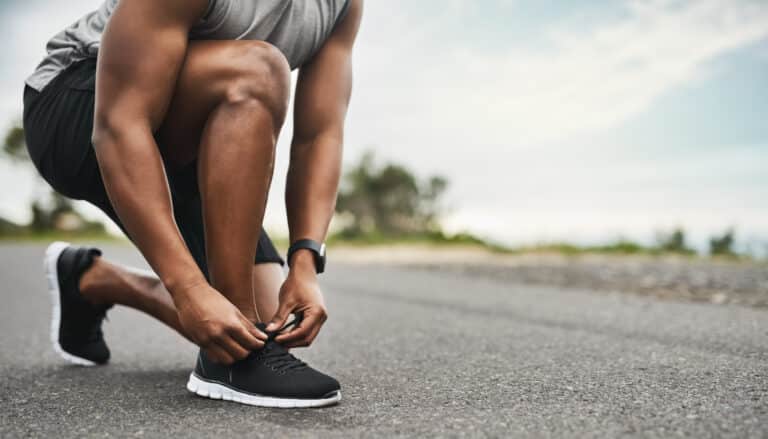
How to Pick the Best Running and Walking Shoes
See More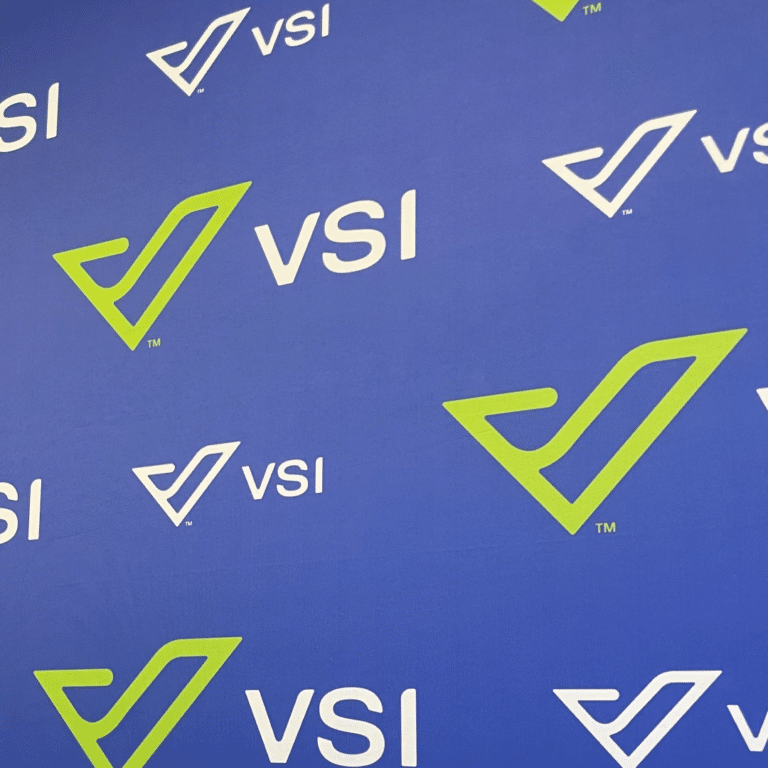
Learn More: Virginia Spine Institute is now VSI.
See More
Celebrating the Next Chapter of VSI
See More
Love’s Resilience: Overcoming Back Pain Together
See More
A Doctor’s Weight Loss Success Story and How It Can Help You
See More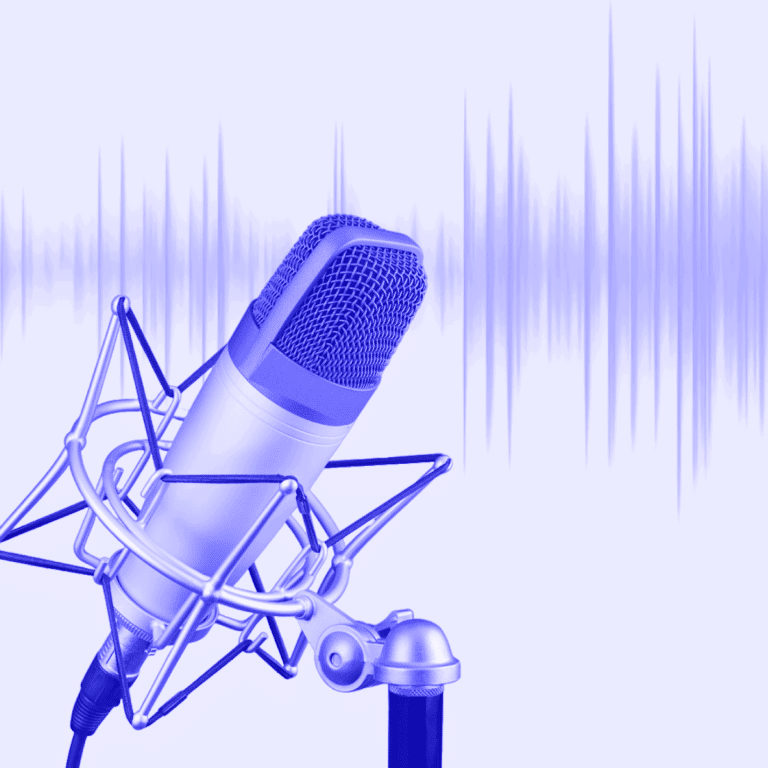
Walking Pads: Trend Or Solution? A Doctor’s Perspective
See More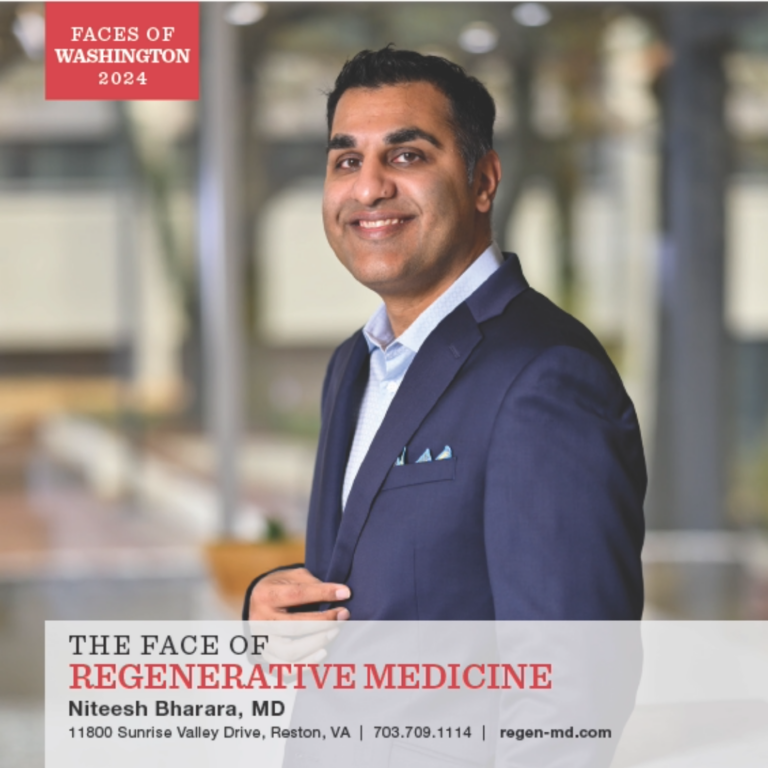
Dr. Bharara Named 2024 Face Of Regenerative Medicine By Washingtonian Magazine
See More
VSI Doctors Featured In Washingtonian Magazine: 15 Easy Tips for Improving Your Health in the New Year
See More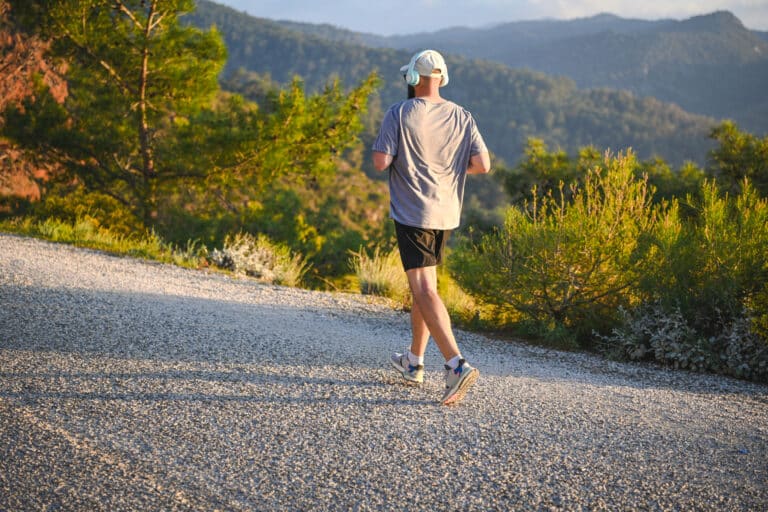
How To Find A Surgeon Who Does More Than Surgery
See More
How To Find A Surgeon Who Does More Than Surgery
See MoreJoin The Conversation
#MyVSIVictoryStory
As Seen on DC News Now: How to Avoid Basketball Injuries
Surgery to Strength - A Weightlifter's Victory Over Back Pain I Episode 56
Our Physicians and PT’s work great together to find the best solution for each patient. #VSI
Radiofrequency Ablation (RFA) can provide temporary relief for SI Joint pain. #lowbackpain #sijoint
Rethinking Knee Surgery: Insights and Regrets from a Doctor
As Seen on Fox5 DC: Avoiding Injury During March Madness
A Victory Story: VSI's New Chapter | Episode 54
Virginia Spine Institute is Now VSI | The Ultimate Choice for Ultimate Spine Solutions
Curious about #bertolottissyndrome? Here’s how the bone looks once we remove it to relieve #backpain


